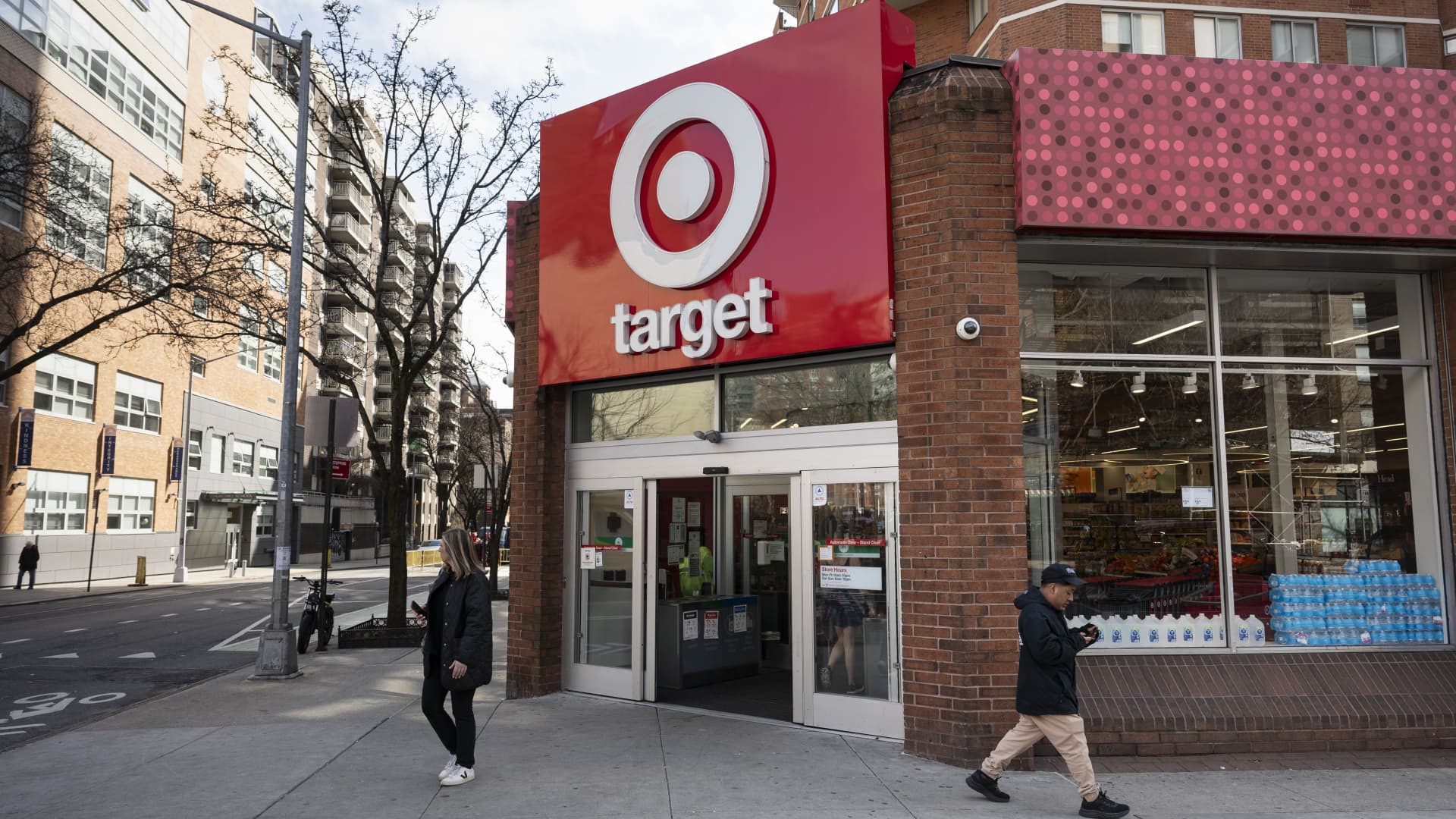Target CEO Faces Pressure as DEI Policy Rollback Sparks Potential Boycott
Target CEO Brian Cornell will meet with civil rights leader Rev. Al Sharpton this week to address growing backlash over the retailer’s scaling back of Diversity, Equity, and Inclusion (DEI) initiatives. The closed-door discussions come as Sharpton’s National Action Network threatens a consumer boycott, highlighting escalating tensions between corporate America and social justice advocates. The meeting, scheduled for Thursday in New York, follows months of controversy surrounding Target’s shifting DEI strategy amid conservative criticism.
Why Target’s DEI Policies Are Under Scrutiny
Target, long considered a progressive corporate leader, began quietly rolling back some DEI programs in 2023 after facing intense political pressure and viral social media campaigns. Internal documents obtained by Bloomberg reveal the company reduced its DEI-focused hiring goals by 40% and discontinued several supplier diversity initiatives. However, the retailer maintains it remains committed to inclusion, pointing to its $2 billion investment in Black-owned businesses through 2025.
“Corporations cannot toggle their commitment to equality like a light switch,” said Dr. Maya Washington, a business ethics professor at Howard University. “When companies backtrack on DEI under pressure, they damage trust with both employees and consumers from marginalized communities.”
Recent data underscores the business stakes:
- 72% of Gen Z consumers prefer brands that take clear stands on social issues (Edelman Trust Barometer, 2023)
- Target’s LGBTQ+ merchandise sales dropped 15% after conservative backlash in 2022 (MarketWatch analysis)
- Companies with strong DEI programs outperform peers by 36% in profitability (McKinsey, 2022)
The Sharpton Factor: Civil Rights Meets Corporate Accountability
Rev. Sharpton’s involvement signals a strategic escalation in holding corporations accountable. The veteran activist has successfully organized boycotts against major brands before, including a 2019 campaign against FedEx that resulted in policy changes. His organization claims Target’s DEI rollback disproportionately impacts Black employees and suppliers.
“We’re seeing corporations retreat from racial equity commitments faster than they adopted them,” Sharpton told the Chicago Defender last week. “If Target wants to maintain its position as a community partner, it needs to show more backbone than this.”
However, some business analysts argue Target faces an impossible balancing act. “Retailers are caught between activist investors demanding cost cuts and social justice groups expecting bold action,” noted retail strategist Carlos Mendez. “The middle ground keeps shrinking in today’s polarized climate.”
Consumer Reactions and the Boycott Threat
Social media sentiment analysis by BrandWatch shows sharply divided reactions:
- 42% of mentions support Target’s right to adjust policies without activist interference
- 38% condemn the changes as “corporate cowardice”
- 20% remain undecided but express concern about the precedent
The potential boycott could hit Target during the crucial back-to-school season, when the retailer typically earns 18% of its annual revenue. Historical data suggests successful boycuts reduce sales by 5-7% in the first quarter, according to Harvard Business Review studies.
Broader Implications for Corporate DEI Efforts
Target’s dilemma reflects a national reckoning about DEI in business. Since 2020, Fortune 500 companies increased DEI spending by 240%, but recent reversals suggest a pullback:
- 23% of major corporations have reduced DEI staff since 2022 (LinkedIn Workforce Report)
- DEI-related job postings dropped 44% year-over-year (Indeed data)
“This isn’t just about Target,” said diversity consultant Priya Kapoor. “We’re seeing whether corporate America will institutionalize racial equity or treat it as a passing trend. The outcome will shape workplace culture for years to come.”
What Comes Next for Target and Corporate DEI?
Industry observers suggest several possible outcomes from the Cornell-Sharpton meeting:
- A compromise maintaining core DEI programs while adjusting implementation
- New supplier partnerships with minority-owned businesses to demonstrate commitment
- Increased transparency about DEI metrics and progress
As pressure mounts from all sides, Target’s response may become a case study in navigating America’s culture wars. Consumers can expect clearer signals about the company’s direction when quarterly results release on August 16, which will likely address the DEI controversy’s financial impact.
How should corporations balance business realities with social responsibility? Share your perspective using #TargetDEIDebate on social media. For ongoing coverage of this developing story, subscribe to our corporate accountability newsletter.
See more Business Focus Insider Team

